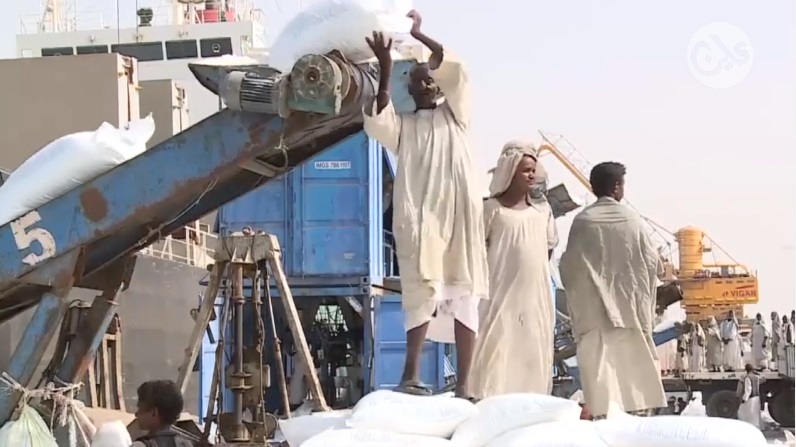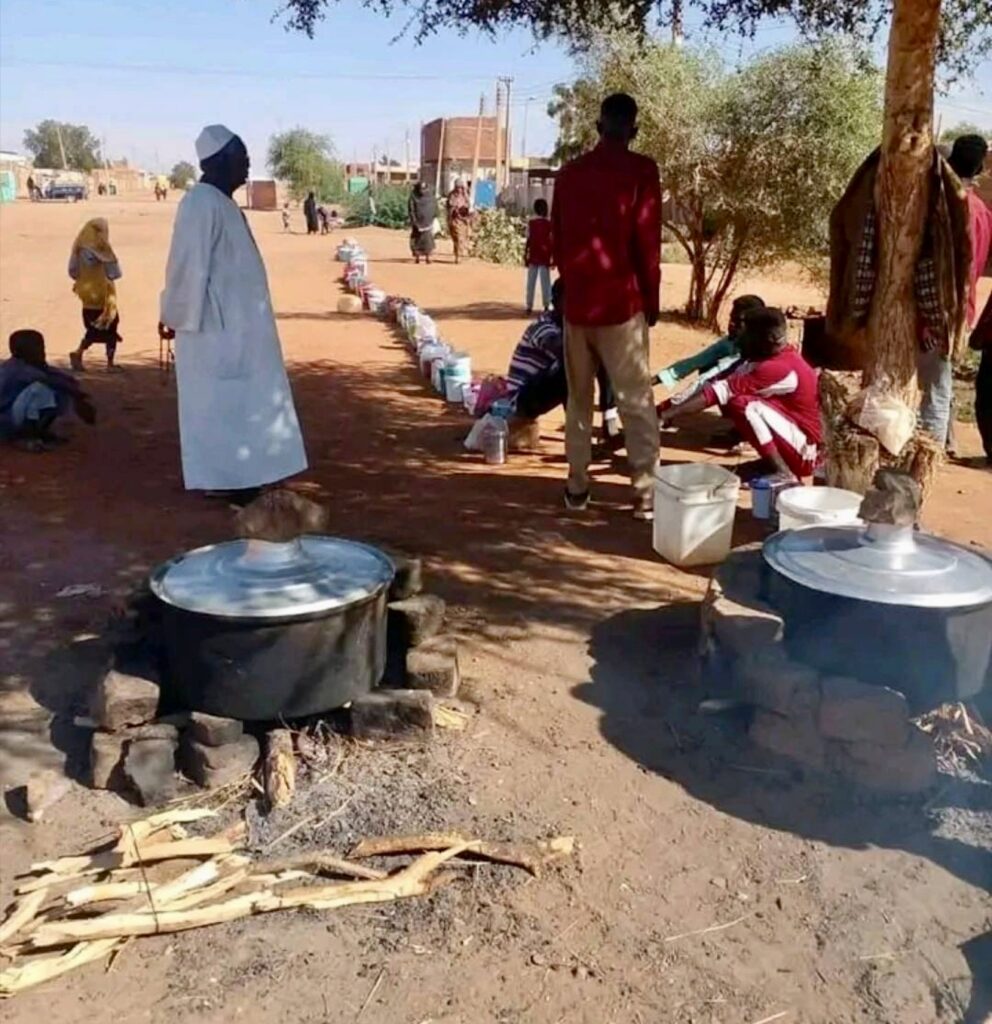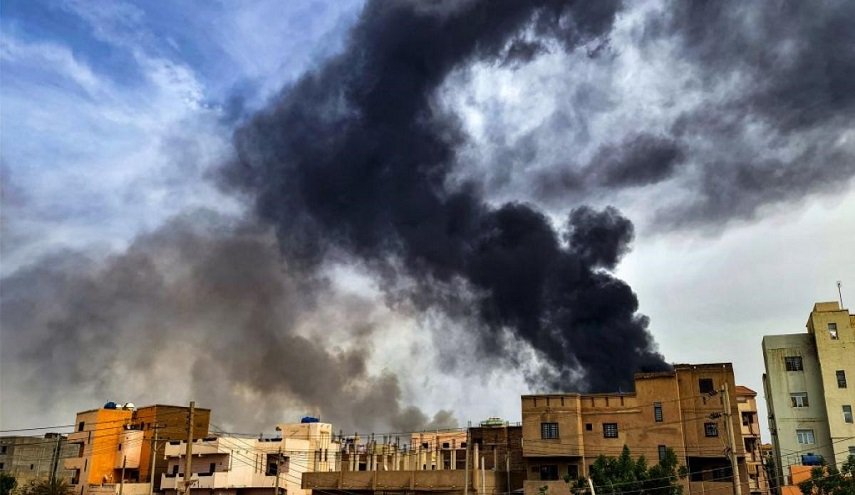Authorities raise duties to fuel the war, prices rise again for the public
5 February 2024
In a bid to meet rising war costs, the acting government in the army-controlled areas has placed a series of duties on key commodities and increased customs tariffs on imports from 650 Sudanese Pounds to 950 Sudanese Pounds. Without warning, new duties have been placed on fuel, gas, wheat, and medicine.
All this takes place as civilians struggle with a spike in the official exchange rate of the US Dollar and Sudanese Pound. The US Dollar is now traded for an unprecedented 1,050 Sudanese Pounds at the Omdurman National Bank.
A war of dominance between the army and the paramilitary Rapid Support Forces (RSF), now entering its tenth month in duration, has created a dire economic reality –pushing millions into hunger and severely affecting food and fuel prices.

“The existing government in Port Sudan imports basic commodities such as wheat, fuel, gas, and medicines,” says economist Muhammad Absher. “They have completely liberalized prices and even imposed fees to cover the deficit in the government budget.”
In January, states under army control raised the price of a five-kilogram cooking gas cylinder to 23,000 Sudanese Pounds (roughly US$ 22), for instance, effectively trebling the price since August last year.
No budget was prepared this year by the Ministry of Finance, says political economist Muhammad Kamal, nor were any consultations made before the ministry imposed fees on fuel, gas, and wheat. Instead, the finance ministry is seeking to collect $200 million from these fees.

Dangerous food price hikes
These state-led increases along with the conflict interfering with the agricultural season have led to a dangerous increase in food prices, Kamal told Ayin. Following the December RSF attack on parts of Al-Jazeera State, including control over the capital city Wad Medani, hopes for planting 300,000 acres of wheat in the winter season declined.
“Food supplies I used to buy a month ago for around 250,000 [Sudanese] Pounds to keep the family going now go for around 330,000 pounds,” says Zuhair Ali, a resident in the eastern city of Kassala. Rising household expenses are in tandem with increasing rental prices in all eastern and northern states within the country. Zuhair told Ayin he pays 700,000 Sudanese Pounds per month (roughly $670) for renting a very modest house in Kassala after he was displaced from his home in Wad Medani, last December. The same house, Kassala residents told Zuhair, was only a fraction of the current cost during the war.
“Large agricultural projects in Al-Jazeera and Sennar failed this season due to the war, denying us key crops that will have to be compensated through imports, which will invariably double the trade balance deficit and reduce the value of the Sudanese pound,” warns Absher. “At the same time, the government must finance banks with foreign exchange to import food due to the shortage –this means an increase of about $3-400 million this year over last year.”
According to the UN’s World Food Program (WFP), five million people are at imminent risk of famine. “In locations such as central Darfur and certain parts of Khartoum, we have received reports of people dying either of malnutrition or starvation,” Eddie Rowe, WFP country director for Sudan, said in an interview from Port Sudan.

All revenue for the war
The acting government under the army makes no effort to provide any social services such as health and education, Kamal told Ayin and directs all funds to military spending. “At least a billion dollars in gold revenues, aircraft and port transit fees, and federal fees were all spent on military equipment and disbursed to sovereign institutions and ministerial staff in Port Sudan,” he added.
“The economy had witnessed a terrible deterioration since the military coup, and the generals destroyed the recovery plans drawn up by the Prime Minister of the transitional government, Abdullah Hamdok,” Absher said. “And now the war has dissipated any hopes for the return of those plans again.” Any talk of economic reform, Absher says, is “just wishful thinking” as all resources are devoted to the war effort.


